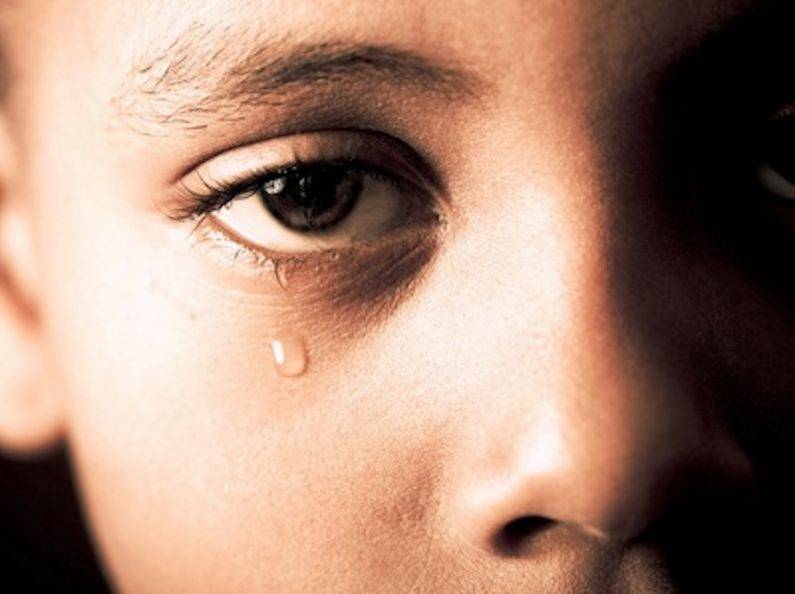The government claims – justly, to an extent – that it has grander issues to contend with. The law enforcement points out its limited resources, and argues that it is spread thin. The people show remorse, but urge that we leave the things done behind closed doors and under the cover of darkness where they belong, in someone else’s story of duty and tragedy. Yet the off-shoot of all this is that the life of an infant girl, is worth less than even the cheapest of commodities in Pakistan. In a garbage heap near Abdul Sattar Bachani petrol pump in the Tando Allah Yar district of Sindh, bodies of five newborn babies were discovered; abandoned by their parents.
Infanticide is widespread in Pakistan, and its numbers are increasing rapidly, yet it is a problem that ranks lowest on the priorities of the state.
Almost two thousand infants were killed or left to die in Pakistan last year. This number is only calculated from the bodies recovered in urban areas; the vast swathes of rural Pakistan, where the practice is more common, go uncalculated. What would force a parent to murder their newborn? The reasons invariably boil down to just one: extreme poverty. In families straddling the poverty line, another infant is a heavy burden; pregnancy usually forces the mother to quit her job, and adds another mouth to feed to the family. If it is a girl, it spells certain doom; young women are not emancipated enough to work, and need to be ‘sold off’ with a dowry. Despite a hefty criminal sentence for infanticide, families choose this path, rather than raise the child. It speaks volumes about the efficiency of our state’s economic policy that mothers would part with their newborn children to survive themselves. While expecting a quick solution to poverty would be a tall order, the state can do so much more to prevent infanticide than it is already doing.
The latest Demographic and Health Survey (DHS) in Pakistan, conducted in 2006–2007, found that 24% of births were unplanned. If the state revived its birth control programme, and got information and services to rural areas, this number could be brought down. Another complication is the state’s restrictive abortion policy, which allows abortion only in early pregnancy, or if the woman’s life is in danger. Modifying it will bring the number of infanticides down too. At the end, public mentalities will shift in line with government policy- and that will only happen once policy is clear on its priorities.
Friday, April 19, 2024
Unwanted

Rawalpindi Food Dept opens wheat procurement applications
April 19, 2024
Helicopter crash kills Kenya defence chief
April 19, 2024
Two school girls wounded in knife attack in France
April 19, 2024
US, UK unveil sweeping sanctions on Iran’s drone program
April 19, 2024
Hepatitis Challenge
April 18, 2024
IMF Predictions
April 18, 2024
Wheat War
April 18, 2024
Rail Revival
April 17, 2024
Addressing Climate Change
April 17, 2024
Justice denied
April 18, 2024
AI dilemmas unveiled
April 18, 2024
Tax tangle
April 18, 2024
Workforce inequality
April 17, 2024
New partnerships
April 17, 2024
ePaper - Nawaiwaqt
Advertisement
Nawaiwaqt Group | Copyright © 2024





